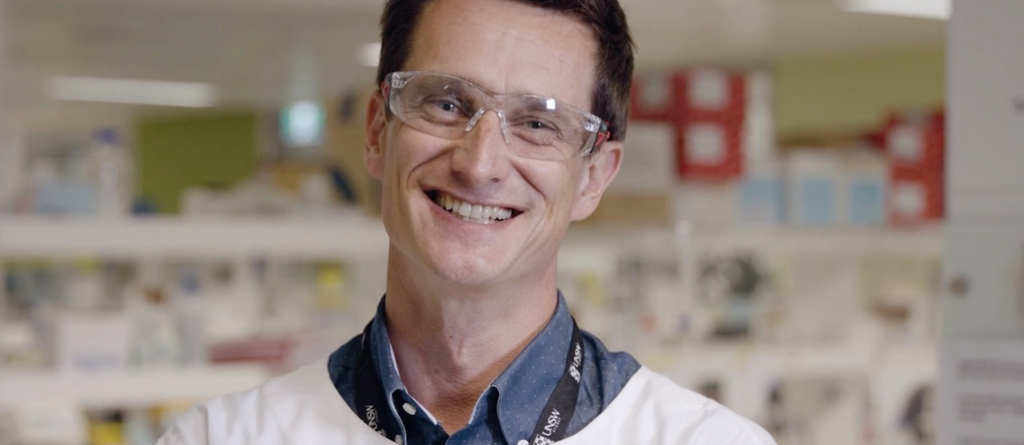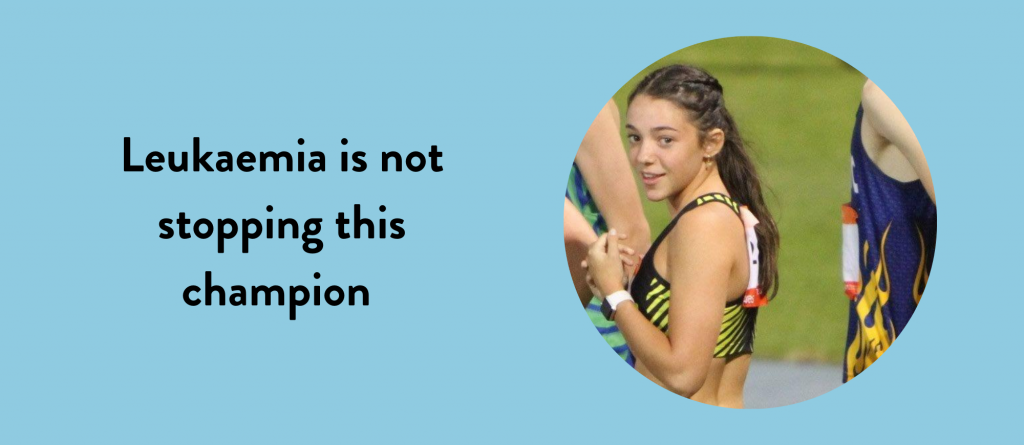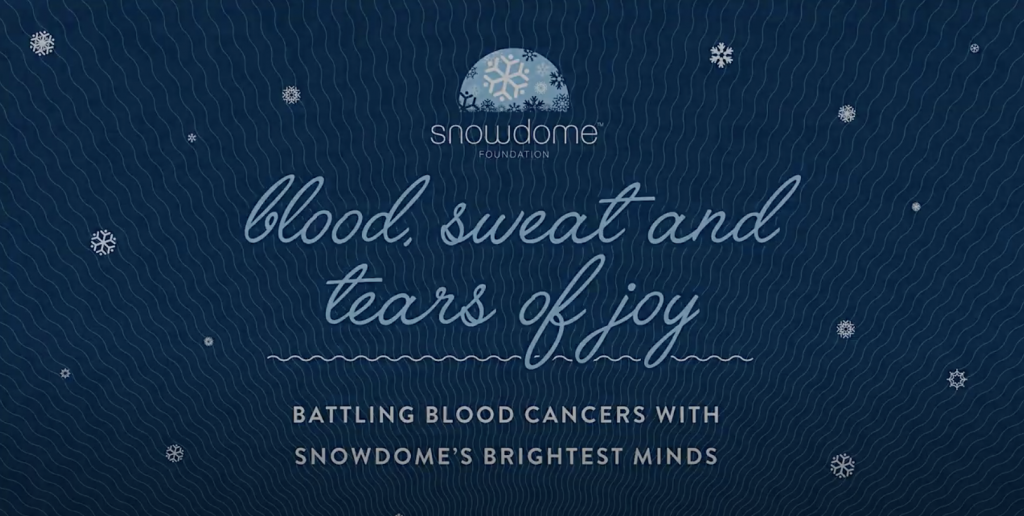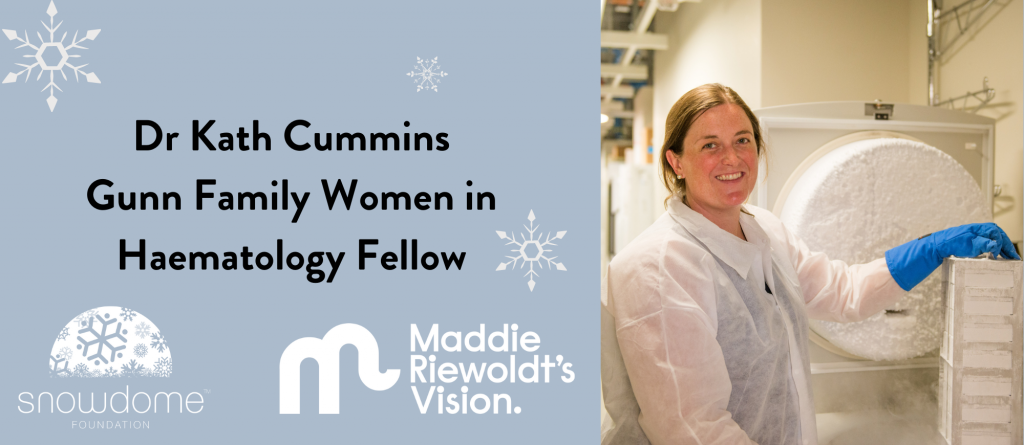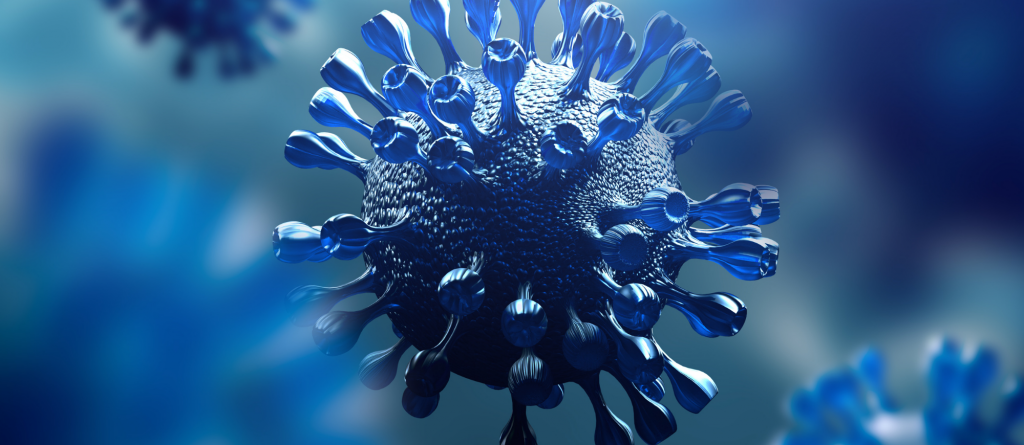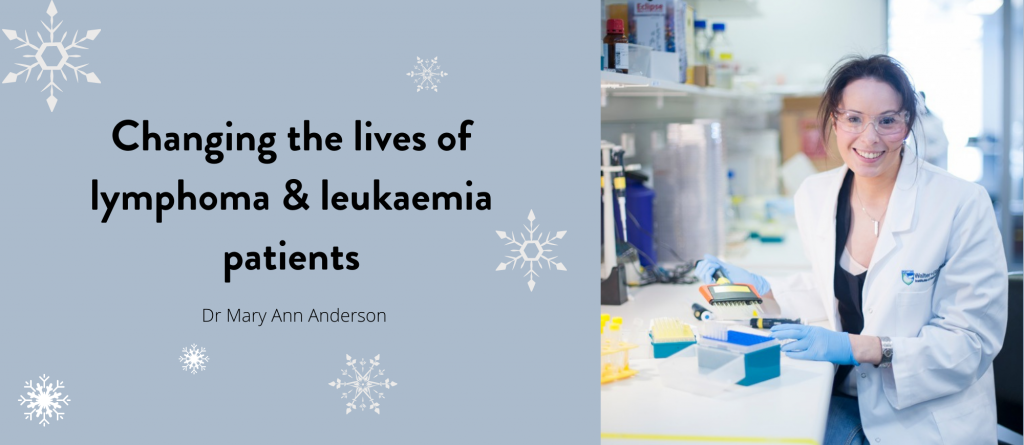Dr Charles De Bock is the very worthy recipient of the HSANZ/ Snowdome Foundation Mid-Career Award for outstanding research into T-cell acute lymphocytic leukaemia (ALL). Charles is incredibly animated and excited when he begins to talk about finding better treatments for childhood leukaemia through research and his enthusiasm is infectious. The award-winning research conducted by … Continued
Ilaria is not your average 14 year old teenage girl. She is a state title running champion who trains hard, eats well and is very in-tune with how her body acts and feels. Therefore, in February 2020, her diagnosis of acute promyelocytic leukaemia (APML) came as a complete shock. Ilaria had just competed at the Western … Continued
Our annual Blood Sweat and Tears of Joy educational event left us all inspired and moved. Every panel member had a unique story to tell. Stories that had us in tears as they relived the moment they heard the words ‘you have a blood cancer’. Dr Janet Gregory spoke of her lymphoma diagnosis and the … Continued
Maddie Riewoldt’s Vision, the Snowdome Foundation and the Gunn Family are thrilled to announce Dr Katherine Cummins as the second ever recipient of the Gunn Family Women in Haematology Fellowship. This fellowship endorses the passion of both organisations to support the advancement of women in medical research and importantly offers long-term commitment to funding, combined … Continued
West Australian family the Zuks were introduced to cancer in 2013. Cancer had never been a part of their lives. They were all fit and healthy, or so they thought. But at the age of 60, Rita, mother to Lincoln, Renee and Clayton, wife to Len, and the heart of the family, detected a lump. … Continued
September is blood cancer awareness month and this year we are asking you to get involved. The rates of blood cancer diagnosis and mortality are increasing year on year and Snowdome needs your help to find better treatments for this indiscriminate disease. We are asking you to kiss a vice goodbye for the month of … Continued
The Leukemia & Lymphoma Society conducted a large trial to examine if the mRNA (Pfizer and Moderna) COVID-19 vaccines provided antibody protection against the SARS-CoV-2 virus in people with a blood cancer. It was just published in Cancer Cell. Two weeks after their second COVID-19 vaccine 1400 blood cancer patients had their antibody levels tested … Continued
Dr Mary Ann Anderson was awarded the Gandel Philanthropy – Snowdome Foundation Innovation Fellowship in 2016. Since that time, she has become recognised as a world-leading expert through her pioneering work uncovering invaluable information about the novel treatment, venetoclax in the treatment of lymphoma and chronic lymphocytic leukaemia. Funded by Gandel Philanthropy, through the Snowdome … Continued
Karina Stell endured three cancer diagnoses during her life, including both Hodgkin and non-Hodgkin Lymphoma. Karina wanted to share her experience with others, to help them on their own journey. It was Karina’s wish to fund blood cancer research. Karina wanted to help others find a treatment that worked. Part proceeds from the sale of … Continued

